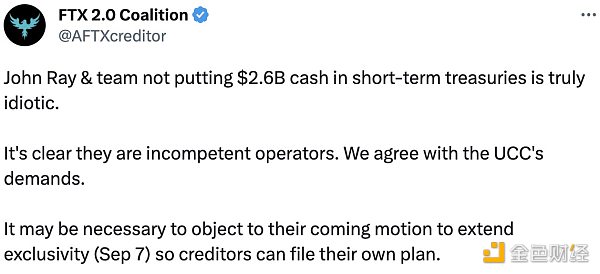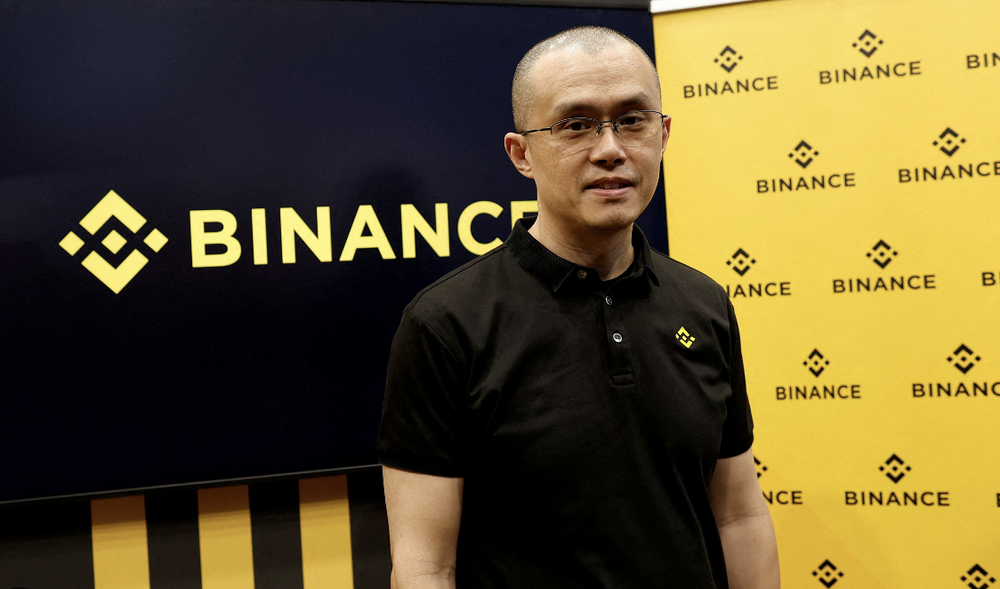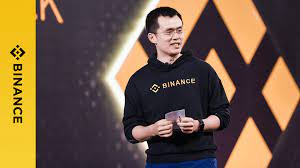Istanbul Fork Improves Ethereum Performance, Can Ethereum Become a "World Computer"?
About the author: Miko Matsumura is the general partner of venture capital fund Gumi Cryptos Capital, and the co-founder of wallet service provider and exchange Evercoin. Since the introduction of the Java programming language, he has been an open source software project in Silicon Valley for 25 years and is a true evangelist in the field.
According to Cointelegraph reported on December 8, Ethereum co-founder Vitalik Buterin said that after the Istanbul fork, Ethereum will be able to process 3,000 transactions per second.

Image source: pixabay
- Introduction: Different types and similarities of Rollup for blockchain expansion
- Bitcoin-related products become popular among millennials, surpassing Disney and Microsoft stocks
- Japan's largest bank MUFG launches digital currency payment business, using MUFG Coin as a trading unit
Will this set off a wave of Ethereum innovation? Will Ethereum network traffic surge? Will the increase in traffic affect the price of ETH?
"Ethereum is too slow"
The general impression on Ethereum is that its transaction processing speed is too slow. But in what way is it slow? This seems fast enough for financial services. The reason people say "Ethereum is slow" is because he misunderstood this great thing, but felt it was slow. ETH works because users want to pay (in the form of "gas") for calculations.
If the Ethereum network is congested, this means that more people want to pay to use Ethereum's calculations, rather than its capacity allows it.
In other words, suppose you have an Apple Store and more and more customers are lining up to buy the latest iPhone. The more customers you have, the more profit you will get. If you have a hard time accepting the money people are giving you to use your service, you are doing well. You won't complain in that situation.
"World Computer"
It turns out that the cost of reaching a consensus in computing is very high, so its process is also very slow. The Istanbul fork will make the Ethereum consensus a bit faster, but implementing the "world computer" seems a bit exaggerated because it suggests that there may be a single device to handle the computing needs of the world. It didn't even reach the speed of 3,000 transactions per second. The current state of Ethereum is more like a "trust machine" (the name of a blockchain documentary directed by Alex Winter), rather than a "world computer".
Decentralized applications
What is a "Decentralized Application" (Dapp)? This is a mixed metaphor that is easily confused. The word "app" is inseparable from the rise of smartphones and the "app store". So when you say the word "DApp", a similar world of infinite possibilities and creativity emerges in your mind. In the original Ethereum white paper, the discussion of creating a "turing complete" "world computer" further complicated this flawed reasoning. "World computer" means countless applications can run on Ethereum. However, since running calculations with consensus is costly, even if the cost of consensus is greatly reduced, it is always higher than running calculations without consensus.
"vending machine"
The price of reaching consensus is why what Nick Szabo calls a "vending machine" makes more sense. If one line of code can't handle value, why not execute it in a faster, cheaper, more centralized environment? This reduces the practical application of storing, transmitting, buying, selling, dividing, sharing, or otherwise manipulating value. This means that practical applications are naturally practical value input and output smart contracts, such as decentralized exchanges, token swaps, nonfungible token sales, token issuance (ICO or STO) contracts, and loans And arbitrary decentralized finance (DeFi). If we have a "world computer", it might make sense to talk about decentralized applications, but until then, all we had was vending machines.
Decentralized finance
Today, smart contracts related to digital asset mortgages and lending are receiving widespread attention. In this regard, ETH is particularly well-positioned because of its relatively large liquidity pool and very high programmability. DeFi means that there are various programmable digital financial products, but the concept of "debit and loan applications" is currently the most concerned. In particular, loans seem attractive because the current DeFi agreement generates interest rates as high as 10%. This can be seen as a "killer application" in the crypto space, as traditional banks have long been close to zero interest. This is also the reason that drives new users to use cryptocurrency finance. At present, the DeFi contract has locked up nearly 700 million US dollars of funds. As more and more funds seeking high returns flood into the market, it remains to be seen whether such high interest rates will continue.
Gambling applications
Another obvious application is gambling applications. This is a variant of the "decentralized exchange", but in essence users do not exchange one token for another predictable amount of tokens, but exchange unpredictable returns with tokens. One advantage of smart contract-based gambling compared to other forms of online gambling is that players can determine whether a gambling machine is "proven to be fair" by carefully reviewing the smart contract, as clearly not the case with centralized exchanges. Fair.
The need for speed
If we build only "vending machines", decentralized finance and gambling applications, do we really need Ethereum to have high performance? “Decentralized exchange” providers insist that as long as they are fast enough, they can realize the liquidity of “centralized exchanges”. But historically, liquidity has always shifted to high-frequency trading venues, and trusted computing always brings higher performance advantages than untrusted computing.
A big benefit of the performance improvement is that it increases the capacity of existing applications and enables more similar applications to run on Ethereum. However, the improvement of Ethereum performance by the Istanbul fork seems unlikely to generate new application types.
We will continue to update Blocking; if you have any questions or suggestions, please contact us!
Was this article helpful?
93 out of 132 found this helpful
Related articles
- Ethereum 2.0 is really coming, stage 0 is expected to launch the mainnet in early 2020
- 6 million years of humankind, 6 million years of trust
- At the super vent of the blockchain, how can blockchain operators take advantage of the trend?
- Silicon Valley Wang Chuan's latest point of view: Lightning Network as a super wallet, or will completely exceed the existing financial system
- New technology is a "double-edged sword": tap the potential of the blockchain and be alert to multiple potential risks
- Parity forgot an EIP during the Ethereum hard fork upgrade
- Data: Over the past 2 years, stablecoin projects have received over $ 200 million in venture capital






